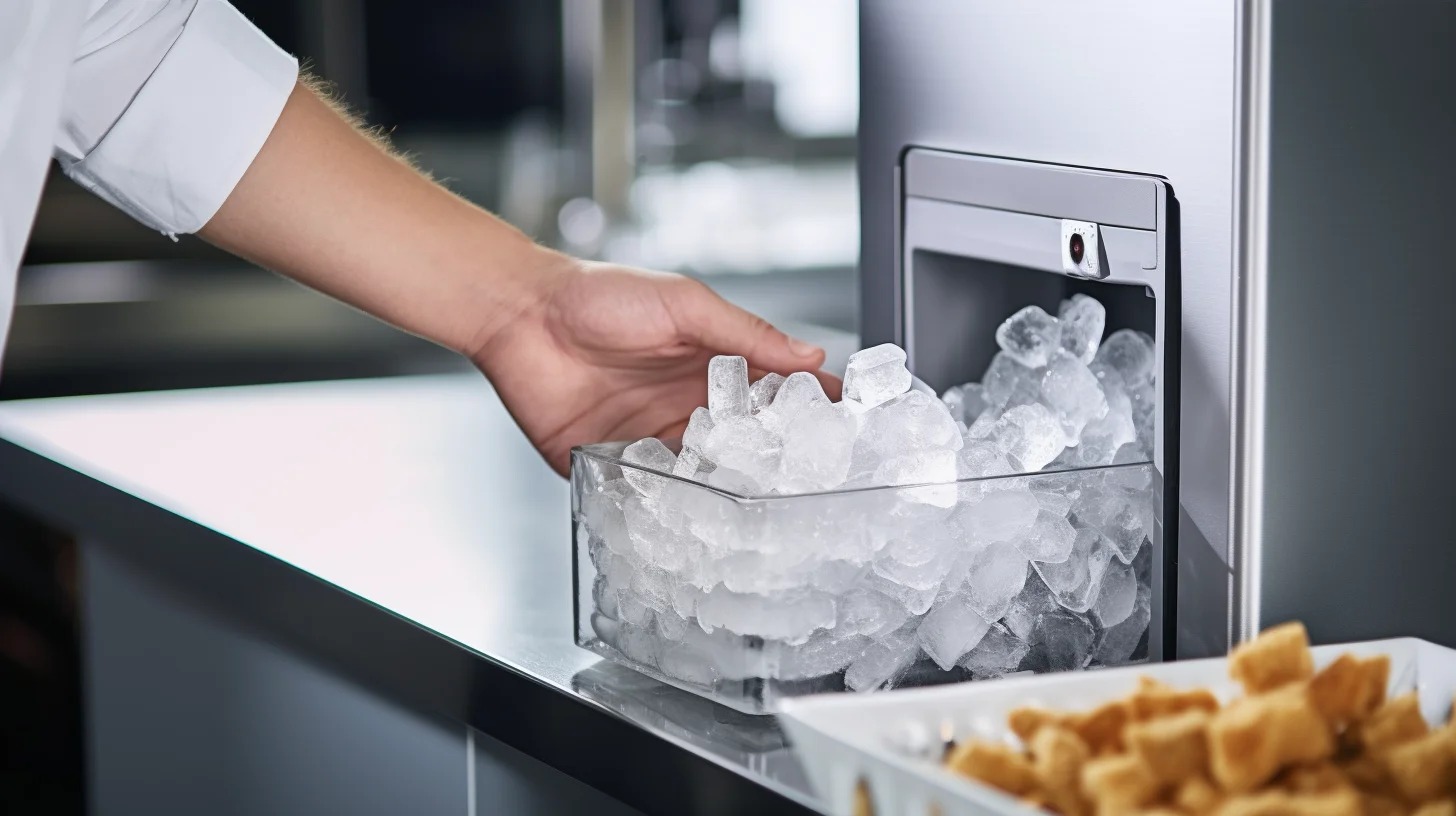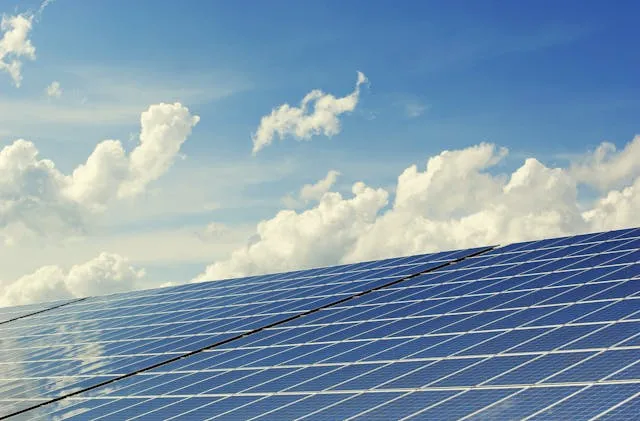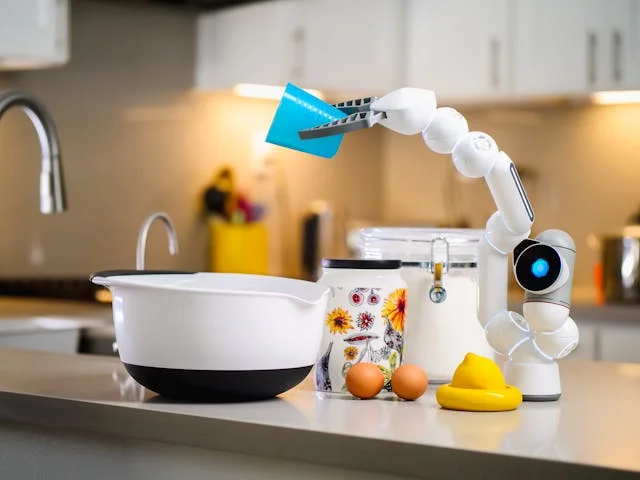In the world of business, especially in the hospitality and foodservice industries, access to a reliable ice supply is crucial. Whether you’re running a restaurant, bar, café, or hotel, having an efficient commercial ice maker is essential to maintaining the smooth flow of operations. Ice is not just for cooling beverages; it also plays a key role in food preservation and preparation, especially in environments where large quantities are required daily. If you’re in the market for an ice machine commercial model, understanding your needs and the features available can significantly impact your business’s success.
In this comprehensive guide, we’ll explore everything you need to know about commercial ice makers, including their importance, types, key features, maintenance, and how to choose the best one for your business.
1. Why Commercial Ice Makers are Vital for Businesses
When running a foodservice or hospitality business, the quality and quantity of ice are critical factors in customer satisfaction. Commercial ice makers produce ice consistently in large quantities, ensuring there is always enough on hand for drinks, food displays, and storage.
- Consistency in Supply: Unlike consumer-grade ice makers, commercial ice machines are built to produce a substantial amount of ice within a short time. This consistency is crucial in busy periods, especially during peak service hours.
- Variety in Ice Types: Commercial ice makers offer various ice shapes and sizes to suit different needs. For example, nugget ice is popular in soft drinks, while clear cube ice is ideal for high-end cocktails.
- Cost-Effectiveness: Instead of purchasing bags of ice, investing in an ice machine commercial unit provides a long-term, cost-effective solution. The initial investment in the machine can quickly pay off as businesses save on regular ice purchases.
- Customer Experience: In a restaurant or bar setting, a continuous supply of fresh, clean ice is a must for maintaining drink quality. Poor-quality ice can dilute beverages too quickly, negatively affecting the taste and presentation.
2. Types of Commercial Ice Makers
There are several types of commercial ice makers, each designed to meet different business needs. The most common categories include modular ice makers, under-counter ice machines, and countertop ice dispensers. Choosing the right type depends on your space, production requirements, and the specific type of ice you need.
a) Modular Ice Makers
Modular ice makers are large machines designed to sit on top of ice storage bins or dispensers. They are ideal for businesses with high ice production demands. These machines can produce anywhere from 250 pounds to over 1,000 pounds of ice per day.
- Advantages: High ice production capacity, customizable setup (with a storage bin or dispenser of your choice).
- Best for: Large restaurants, hotels, and food processing industries that require large amounts of ice daily.
b) Undercounter Ice Makers
As the name suggests, under-counter ice makers are compact machines designed to fit under a counter. These machines have built-in storage bins and are perfect for smaller establishments with limited space but still need a consistent ice supply.
- Advantages: Space-saving design, moderate production capacity, easy installation.
- Best for: Cafés, small bars, and office kitchens that need ice on demand but don’t have the space for a large, freestanding unit.
c) Countertop Ice Dispensers
Countertop ice dispensers are designed for smaller spaces and are typically used in break rooms, small restaurants, or healthcare settings. These machines often dispense ice directly into a cup or container, making them user-friendly and ideal for self-service environments.
- Advantages: Easy to use, compact, ideal for self-service.
- Best for: Healthcare facilities, office break rooms, or cafeterias.
3. Key Features to Consider in Commercial Ice Makers
When choosing an ice machine commercial model, certain features are worth considering to ensure it meets your business’s needs. These features can significantly impact the performance, durability, and cost-efficiency of the machine.
a) Ice Production Capacity
One of the most important factors when choosing a commercial ice maker is its ice production capacity. The production capacity is measured in pounds of ice produced per day. To determine the right capacity, you’ll need to consider your business’s daily ice requirements.
- Low Capacity: Produces under 200 lbs of ice per day, suitable for small cafés and office kitchens.
- Medium Capacity: Produces 200-500 lbs per day, ideal for mid-sized bars or restaurants.
- High Capacity: Produces over 500 lbs per day, suitable for hotels, large restaurants, and foodservice operations with constant ice demand.
b) Ice Type
Not all ice is the same, and different businesses prefer different types of ice for various reasons. Some commercial ice makers specialize in certain ice shapes.
- Cube Ice: Clear, slow-melting, and often used in cocktails or soft drinks.
- Nugget Ice: Softer, chewable ice, popular in fast-food drinks and healthcare settings.
- Flake Ice: Soft, snow-like ice, used for food displays in grocery stores, seafood markets, or buffets.
- Gourmet Ice: Large, crystal-clear cubes used in upscale establishments for a more luxurious drinking experience.
c) Water Source
Most commercial ice makers use water-cooled or air-cooled systems.
- Water-Cooled: These machines use water to cool the condenser, making them more efficient in hot environments. However, they use more water, leading to higher water bills.
- Air-Cooled: These are more cost-effective and environmentally friendly as they use air to cool the condenser. However, they require more ventilation space.
d) Storage Bin Size
Some ice machines come with built-in storage bins, while others require an additional bin for storing the ice. If your business has peak times where large amounts of ice are needed, ensure the storage bin is large enough to hold extra ice.
e) Filtration System
A high-quality filtration system ensures the ice produced is clean, clear, and free from impurities. Ice used for consumption should be of high quality, and a good filtration system is essential for businesses in areas with hard or mineral-laden water.
4. How to Maintain a Commercial Ice Maker
Proper maintenance is key to ensuring that your commercial ice maker remains efficient and produces high-quality ice. Poor maintenance can result in machine breakdowns, contaminated ice, and reduced ice production capacity. Here are some maintenance tips to extend the life of your ice machine:
a) Regular Cleaning
Over time, mineral buildup, mold, and bacteria can accumulate in an ice machine. To avoid this, it’s important to clean the machine regularly, at least once every six months. Some commercial ice makers come with self-cleaning options, but manual cleaning with specialized ice machine cleaners is also recommended.
b) Replace Filters
Water filters are vital for producing clean ice and maintaining the machine’s efficiency. Depending on your usage and water quality, replace the filters every 3 to 6 months.
c) Check for Scale and Mineral Buildup
Scale and mineral deposits can reduce the efficiency of the ice maker. Regular descaling ensures that your ice machine functions properly and extends its lifespan.
d) Ensure Proper Ventilation
For air-cooled machines, proper ventilation is essential. Blocked vents can cause the machine to overheat, reducing its efficiency and lifespan. Ensure the machine is installed in a well-ventilated area.
5. Choosing the Best Commercial Ice Maker for Your Business
Selecting the right commercial ice maker depends on your specific business requirements. Here are a few things to consider:
a) Evaluate Your Ice Needs
Calculate how much ice your business uses on a daily basis, factoring in peak times. If your business experiences high ice demand in short periods, opt for a machine with a higher ice production rate.
b) Space Considerations
Measure the available space in your kitchen or service area. If space is limited, an under-counter or countertop ice maker may be the best option. Modular machines are best for larger spaces with separate storage bins.
c) Budget
Commercial ice makers can vary significantly in price depending on the production capacity, features, and brand. While it may be tempting to go for the cheapest option, consider the long-term costs, including water usage, energy efficiency, and maintenance.
d) Energy Efficiency
Energy-efficient models can save you money on utility bills in the long run. Look for machines that are ENERGY STAR® certified, as they consume less water and energy.
Conclusion
Investing in the right commercial ice maker can make a significant difference in the efficiency of your business operations. Whether you need a high-capacity modular ice maker or a compact under-counter unit, there’s a machine out there to meet your specific needs. By understanding the types of ice machines available, their key features, and maintenance requirements, you can make an informed decision that will keep your business running smoothly and your customers satisfied.
With the right ice machine commercial model, your business can ensure a constant supply of high-quality ice, enhancing both efficiency and customer experience.








